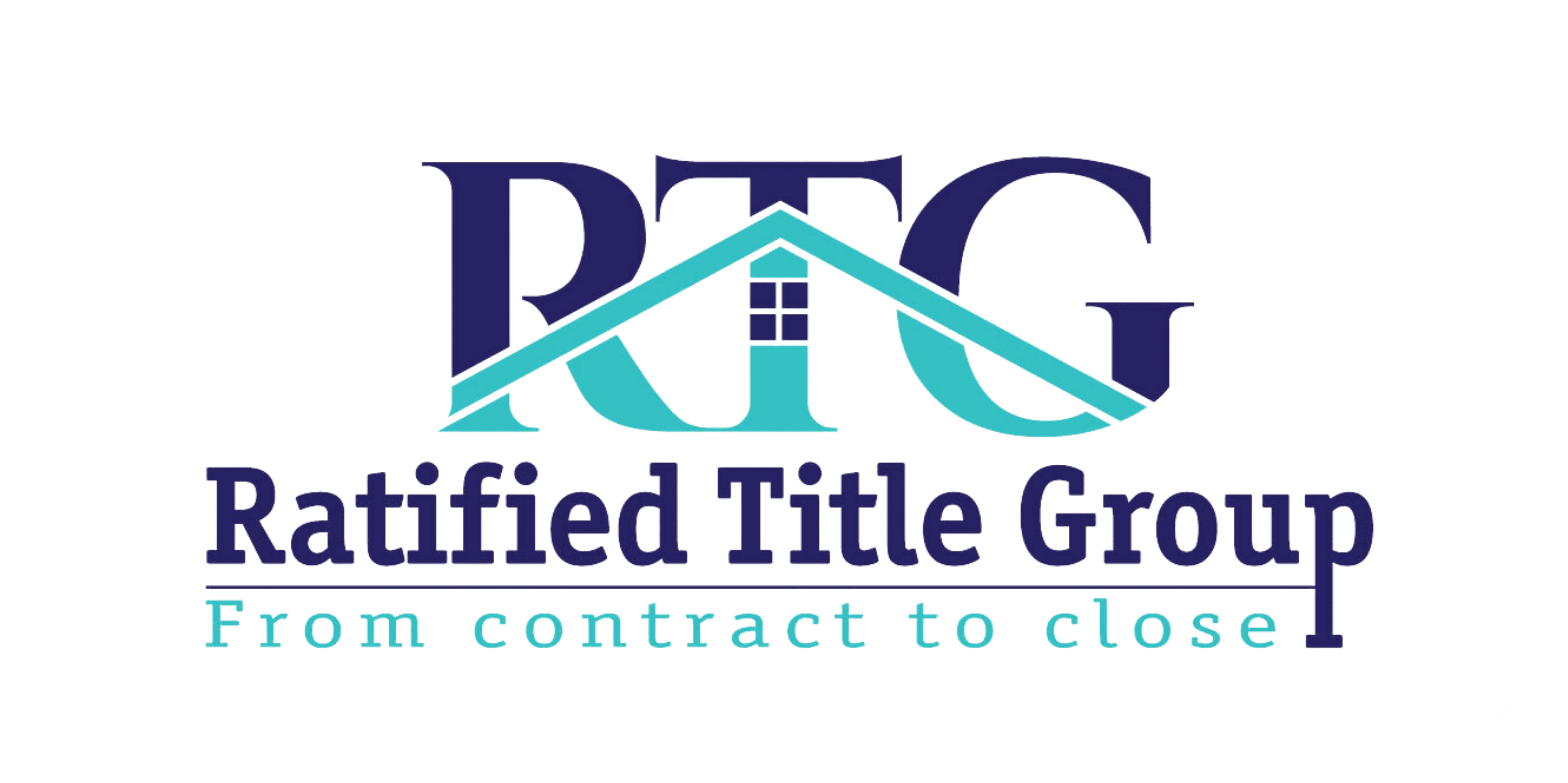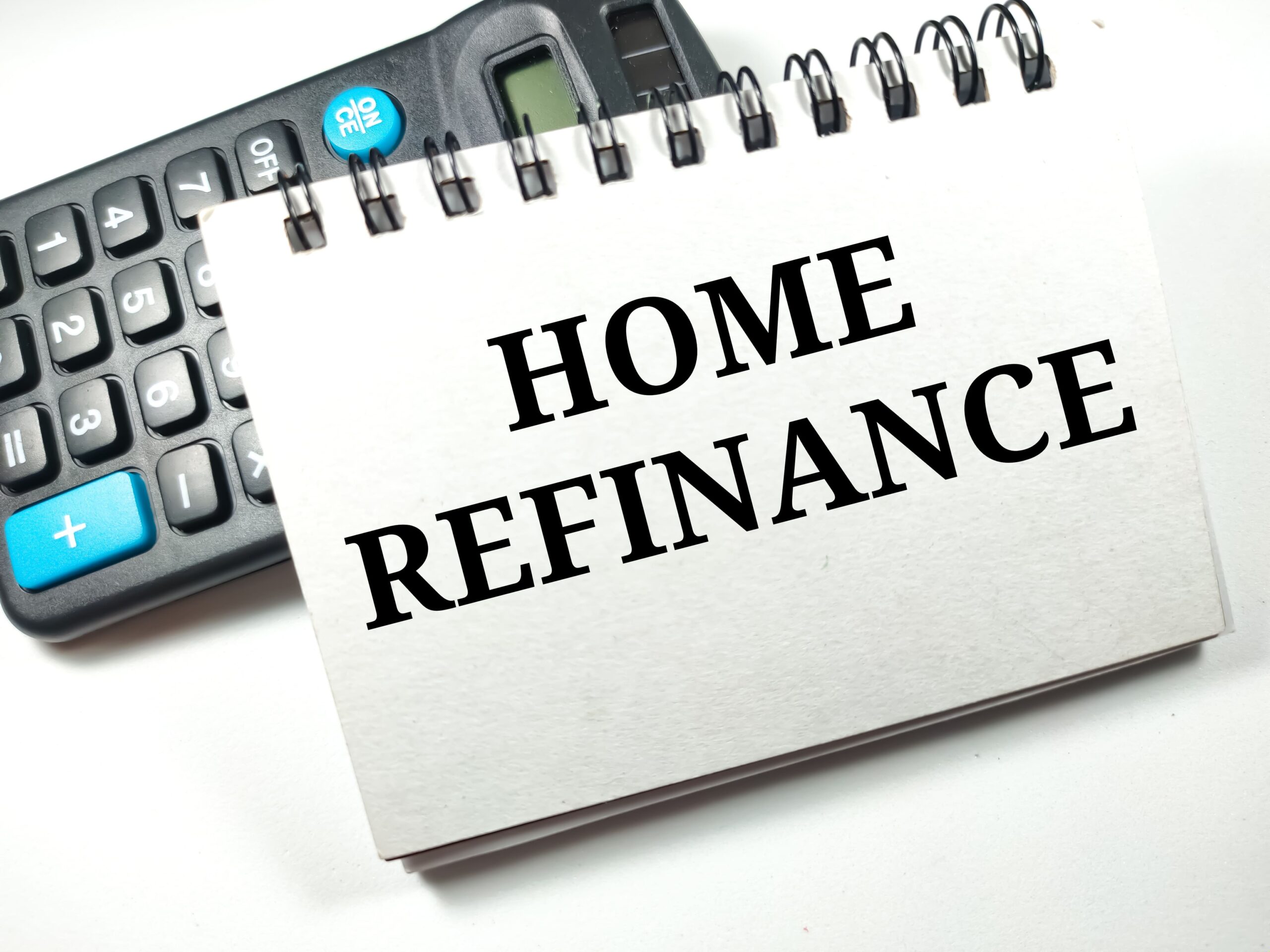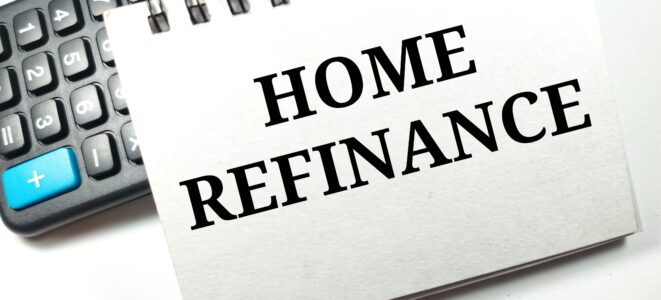When major expenses arise—whether it’s a home renovation, college tuition, medical costs, or debt consolidation—many homeowners turn to their home’s equity to access the funds they need. One of the most effective ways to do this is through a cash-out refinance. For homeowners in Virginia, understanding how this works and how Virginia Home Refinancing fits into the process is essential to making informed decisions.
In this detailed guide, Ratified Title Group explains how cash-out refinancing works, when it might make sense, potential risks to consider, and how title and settlement services play a crucial role in a smooth closing.
What Is a Cash-Out Refinance?
A cash-out refinance replaces your existing mortgage with a new, larger loan. The difference between the new loan amount and what you owe on your current mortgage is paid out to you in cash. You can use this cash for a variety of purposes, giving you flexibility without relying on personal loans or credit cards with high interest rates.
For example, if you owe $200,000 on your mortgage and your home is valued at $400,000, you may be able to refinance for $300,000. The first $200,000 goes toward paying off your old loan, and the remaining $100,000 is given to you at closing.
Why Homeowners Choose Cash-Out Refinancing
Homeowners often choose cash-out refinancing because it allows them to leverage the equity they’ve built over time. Some of the most common reasons include:
-
Funding home improvements or major renovations
-
Covering education expenses
-
Paying off high-interest debt
-
Handling unexpected medical bills
-
Investing in other opportunities
By tapping into home equity through Virginia Home Refinancing, you can access funds at potentially lower interest rates compared to other borrowing options.
How the Cash-Out Refinance Process Works
The process for a cash-out refinance follows similar steps to a traditional refinance but includes additional considerations because the loan amount is higher. Here’s how it typically works:
1. Evaluate Your Home Equity
Before starting, it’s important to know how much equity you have in your home. Lenders generally require you to maintain at least 20% equity after refinancing, which determines how much cash you can take out.
2. Compare Rates and Terms
Different lenders offer varying rates, fees, and loan terms. Comparing these helps ensure you secure the most favorable option for your financial situation.
3. Apply for the Refinance
Once you’ve chosen a lender, you’ll complete a loan application similar to your original mortgage. This includes providing income documentation, credit history, and information about your property.
4. Underwriting and Appraisal
The lender will review your financial profile and order a new appraisal to determine your home’s current value. This step helps confirm the amount of equity available for cash-out.
5. Closing and Settlement
After approval, you’ll attend a closing similar to your original mortgage closing. This is where Ratified Title Group plays a critical role—ensuring all title and settlement procedures are handled accurately and efficiently. Clear title work helps prevent legal or financial issues down the line.
Smart Ways to Use Cash-Out Funds
Using the cash wisely is crucial. Many homeowners use these funds for long-term value rather than short-term spending. Some smart uses include:
-
Home Renovations: Upgrading kitchens, bathrooms, or adding new living spaces can increase your property’s value.
-
Debt Consolidation: Paying off credit cards or personal loans with higher interest rates can simplify your finances and reduce monthly payments.
-
Education Expenses: Funding college tuition or continuing education without relying solely on student loans.
-
Emergency Funds: Setting aside funds for medical expenses or unexpected life events.
-
Investment Opportunities: Some homeowners choose to invest in rental properties or other income-producing assets.
When a Cash-Out Refinance Makes Sense
Not every situation is ideal for cash-out refinancing. It’s most beneficial when:
-
Your home has significantly appreciated in value.
-
Interest rates are stable or lower than your current mortgage rate.
-
You plan to stay in your home for several years.
-
The new monthly payment fits comfortably within your budget.
-
You have a clear plan for how to use the funds productively.
If these factors apply to your situation, Virginia Home Refinancing through a cash-out option could be a strategic financial move.
Read More:- How Much Can I Save By Refinancing My Mortgage In Virginia
Potential Risks to Consider
While cash-out refinancing has advantages, it’s not without risks. It’s important to consider:
-
Higher Loan Balance: You’re increasing the amount you owe on your mortgage.
-
Longer Loan Term: Refinancing may extend your repayment period, even if the monthly payment is lower.
-
Closing Costs: Like your original mortgage, refinancing comes with fees that need to be factored into your decision.
-
Risk of Foreclosure: Using your home as collateral means that defaulting on payments could put your property at risk.
Understanding these risks ensures you make informed choices based on long-term financial goals rather than short-term needs.
The Role of Title and Settlement Services
During a cash-out refinance, title and settlement services ensure the transaction is legally sound and properly documented. Ratified Title Group provides experienced settlement support to help homeowners in Virginia close smoothly and on time.
Our team verifies ownership records, handles lien searches, and ensures all legal documents are correctly prepared. This safeguards both you and your lender, minimizing potential issues after closing.
Tax Implications of Cash-Out Refinancing
While the funds you receive from a cash-out refinance aren’t taxable income, how you use the money can affect your tax situation. For example, using the cash for home improvements may make you eligible for mortgage interest deductions. On the other hand, using the funds for personal expenses might not offer any tax advantages.
It’s always wise to consult with a qualified tax advisor to understand the full implications based on your unique situation.
Cash-Out Refinance vs. Other Financing Options
Homeowners considering cash-out refinancing often compare it to alternatives like:
-
Home Equity Loans: These offer a lump sum with a fixed interest rate but don’t replace your existing mortgage.
-
Home Equity Lines of Credit (HELOC): A revolving line of credit, similar to a credit card, secured by your home.
-
Personal Loans: These typically have higher interest rates and aren’t secured by your property.
Cash-out refinancing can offer lower interest rates and a single monthly mortgage payment, making it an appealing choice for many Virginia homeowners.

Is Now the Right Time to Refinance?
Timing matters. Factors such as interest rates, home values, and your personal financial situation influence whether now is the right time for a cash-out refinance. Many homeowners in Virginia consider refinancing when:
-
Market interest rates are lower than their current mortgage rate.
-
They’ve built substantial equity in their home.
-
They have a clear use for the cash that improves their financial outlook.
Evaluating these factors carefully can help determine if Virginia Home Refinancing through a cash-out refinance is the right step.
How Ratified Title Group Supports Your Refinance
Ratified Title Group provides the title and settlement services necessary to complete your cash-out refinance with confidence. Our experienced team ensures every detail—from title searches to final closing paperwork—is handled efficiently and accurately.
We work closely with lenders and homeowners to make the refinancing process smooth, transparent, and stress-free. Whether you’re using the funds for renovations, debt consolidation, or another major expense, having a trusted title company on your side makes a significant difference.
Ready to Refinance?
A cash-out refinance can be a smart way to unlock your home’s equity and fund major expenses without taking on high-interest debt. By understanding how the process works and partnering with professionals who handle title and settlement services effectively, you can move forward with confidence. Visit our Google Business Profile to learn more or get started with your refinance today.
👉 Book Your Refinance Closing with Ratified Title Group or contact our team to get started today.


